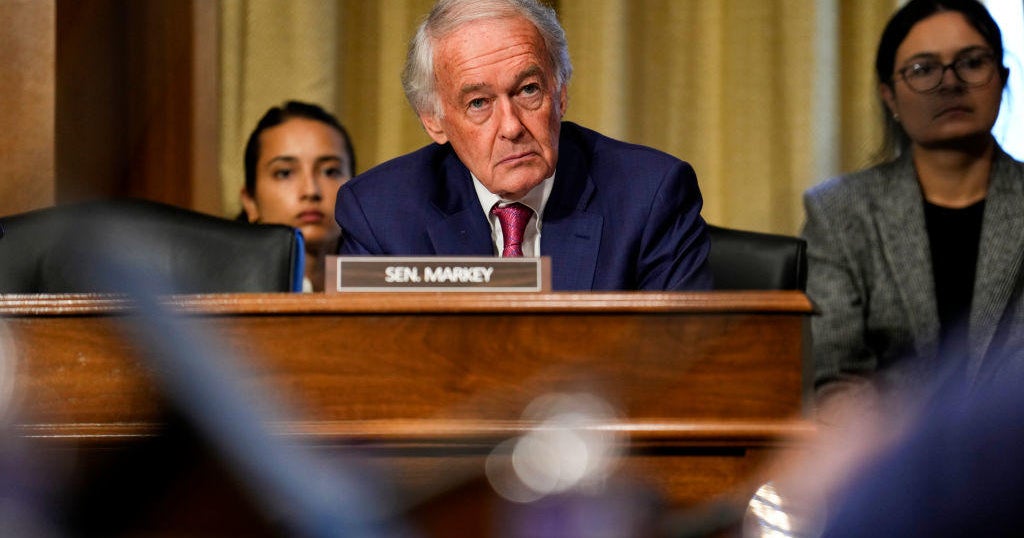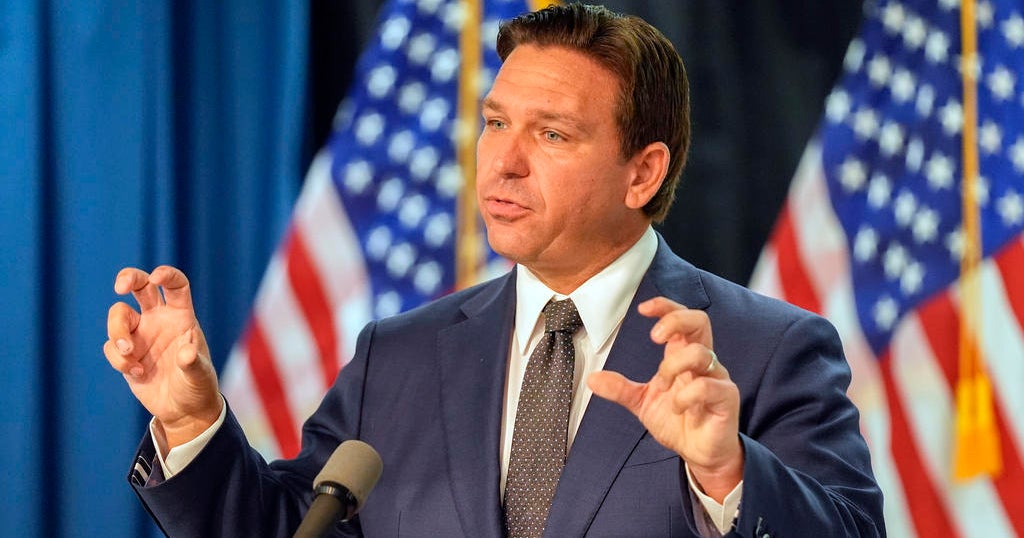Face mask standard in workplaces misses president's deadline
The White House's self-imposed deadline to impose a nationwide face mask standard in workplaces won't be met, since deliberations are still underway.
President Biden on January 21 directed the Labor Department's Occupational Safety and Health Administration to determine by Monday, March 15, if such a standard is needed.
An emergency temporary standard on face masks in the workplace is ultimately expected to be issued, but the analysis has not yet been completed, three people familiar with the process told CBS News.
The nationwide temporary standard for face masks in the workplace would impact millions of workers and would last six months.
Public health and workplace safety experts told CBS News the emergency temporary standard could provide valuable social distancing advice for workers and safety guidance for face masks, since they vary in their protective abilities.
OSHA workplace standards are enforceable and usually take years to implement, so an emergency temporary standard has occasionally been used to avoid normal rulemaking procedures so that "grave dangers" facing workers can be addressed.
The last time the emergency temporary standards process was used was in 1983 to limit asbestos exposure in the workplace, according to the Congressional Research Service. The rule was eventually struck down in court. The nationwide temporary standard for face masks in the workplace would impact millions of workers and would last six months. In its absence, several states have enacted their own standards.
Without a nationwide standard so far during the pandemic, several states have enacted their own standards.
Dr. David Michaels, a former assistant secretary of labor for OSHA who served on Mr. Biden's presidential transition team, explained to CBS News the technical aspects of any emergency temporary standard must be balanced with the urgent need to protect workers from the spread of COVID-19.
"OSHA lost a year because the Trump administration refused to prepare an emergency standard," Dr. Michaels said, "The longer the delay, the more exposures will occur."
"OSHA has to show that the precautions required by the standard are effective in preventing exposure while at the same time being economically and technically feasible for employers," Dr. Michaels added.
"The Occupational Safety and Health Administration has been working diligently, as appropriate, to consider what standards may be necessary, and is taking the time to get this right," a Labor Department spokesperson told CBS News on Monday. This official did not offer any timeline for their decision.
"[The president's] objective is actually to protect workers and members of the workforce," White House Press Secretary Jen Psaki said on Monday when asked about the OSHA deliberations, "We are waiting for them to make a conclusion."
Mr. Biden's deadlines for the Labor Department on this potential face mask standard landed on his 55th day in office, which is half the time he allotted for other 100-day goals, like vaccinating Americans and returning students to the classroom.
As the emergency standard remains under review at the Labor Department, dozens of public health officials and powerful unions like the AFL-CIO, National Nurses United and the American Federation of Teachers have pushed the Centers for Disease Control and Prevention to update their scientific guidance on the aerosol spread of COVID-19.
Four Democratic House committee chairs recently implored the CDC and the White House COVID Response team to do the same, declaring the government's current science on aerosol spread was "outmoded."




